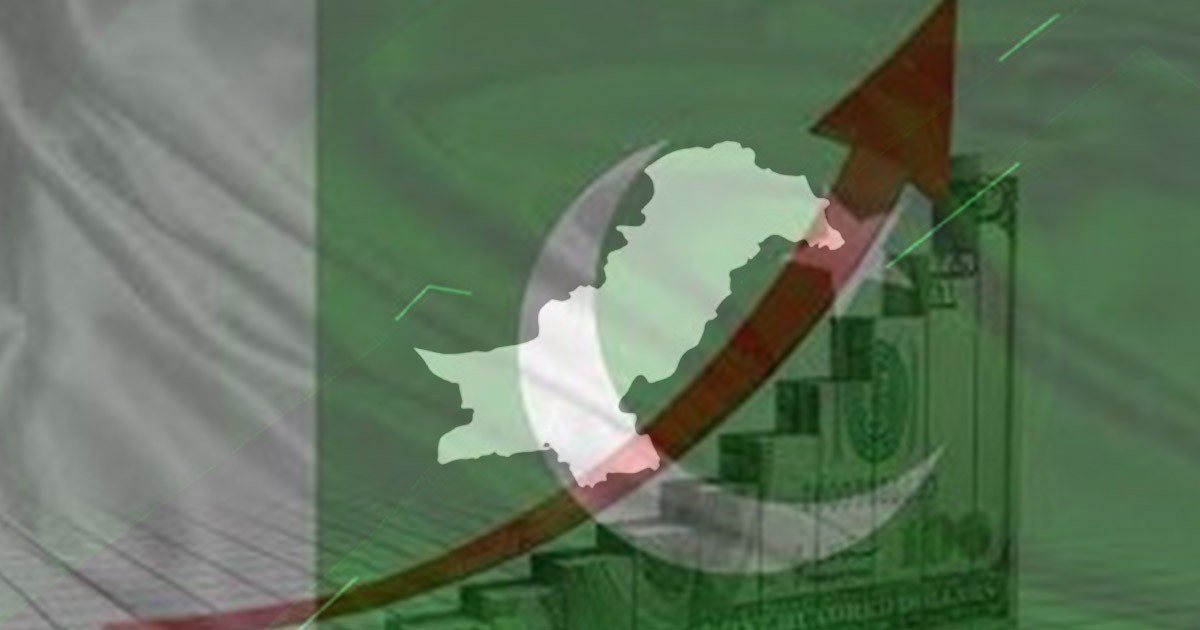Currently, there is this ‘confused’ economic policy and International Monetary Fund (IMF) programme, sadly. They just cannot seem to grasp this open secret that a) fiscal/governance-related policies at least have an equal say in dealing with inflation, and as a corollary, the limited role of policy rate in this regard, and b) that a healthy balance needs to be brought between stabilization and growth policies, for which policies need to bring out an equal impact on economy from aggregate demand and supply-side policies; while currently there is a heavy reliance on aggregate demand squeeze.
Principle problem with economic ministries and creation of MOE
There is also no ‘collective’ effort by ministries related with economy, and those that can even dent economic activity like lack of NDMA (National Disaster Management Authority) preparedness; for instance, is the government better prepared than before, in case God forbid, there is a sudden big earthquake or floods in the monsoon season, which apart from being a natural calamity for humanity in terms of loss to life and property, could have serious negative consequences for the economy.
Interest rate causes cost-push inflation, so that when it is said from the government side that State Bank of Pakistan (SBP) will have more room to cut interest rate once inflation falls
For such coordinated effort, government needs a ministry of economy (MOE), which takes on greater role of planning for the economy overall and helps bring better coordination among the ministries related with the economy.
Putting the central bank in its rightful position and the way forward
Here, two observations come to mind straight away when reflecting upon the current macroeconomic policy of the economic team. First, why should unelected central banks be allowed to have so much sway in deciding on critical issues in the shape of interest rates and exchange rate, especially in the case of developing countries where role of monetary policy is limited, and moreover broadly speaking in democracies where governments are ultimately responsible.
At the same time, one gets the impression listening to Ministry of Finance that it shifts the burden too much on other ministries, when it has a lot of say in the overall macroeconomic policy and seems to be even hiding at times behind central bank independence, rather than take more on its own plate and own it since after all, it was not the central bank but the government who were elected into office and are ultimately responsible for the economy.
Read more: Pakistan’s Economic policy requires drastic reforms
Secondly, interest rate causes cost-push inflation, so that when it is said from the government side that State Bank of Pakistan (SBP) will have more room to cut interest rate once inflation falls, is contradictory in nature because high-interest rate (and largely market-determined exchange rate) leads to a large proportion of inflation (along with institutional failure of markets and supply chains) in the shape of cost-push inflation!
One must be critical of economic team which thinks that we will rid of hot money because the underlying policy will not allow much improvement in macroeconomic and exports improvement. Also, Planning Ministry should come up with out of the box solutions and greater common sense to formulate long term policy.
First, it should redefine the extent of SBP independence, especially making the government’s role more potent through an active functioning of the monetary and fiscal coordination committee, and secondly; brings into greater play the role of non-neoliberal and heterodox institutional economics into addressing macroeconomic and growth concerns.
Read more: IMF’s End-of-Mission Statement and Ground Realities
Hence, the most important ministry should be the Planning Ministry. The Ministry of Planning hopefully is getting more focused in doing this and works towards creating such a wholesome policy. For instance, planning ministry should have a policy in play for dealing with cartels and market imperfections.
It should have helped build a state-of-the-art Pakistan Bureau of Statistics (PBS); keeping the independence of PBS intact at the same time. After all the 1960s, about which the PM rightly points out as the golden times for our economy, had a very strong, vibrant and far-sighted Ministry of Planning, with world-class minds like Dr Mahbub ul Haqq.
Dr. Omer Javed is an institutional political economist, who previously worked at International Monetary Fund, and holds Ph.D. in Economics from the University of Barcelona. He tweets at @omerjaved7. The views expressed in this article are the author’s own and do not necessarily reflect the editorial policy of Global Village Space.














